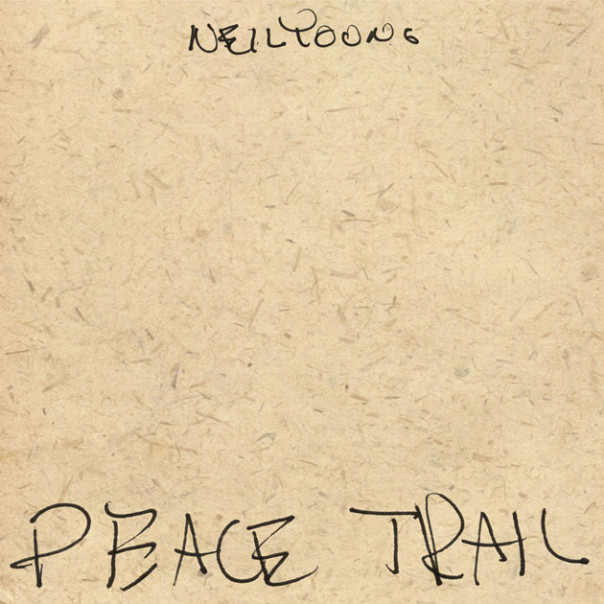Album Review: Neil Young sparks change with ‘Peace Trail’

In an album that focuses on the apprehensions of the future—apprehensions about robotics, politics and the Earth—all while preaching about honesty and peace, Neil Young manages to keep his countryman persona intact.
Peace Trail, Young’s 37th studio album, is wrought with his famous sound of folk, rock, electric guitar and a heavy acoustic theme. He seems to be appealing to today’s youth and the progressive community in an effort to face the “big machine.”
In “Indian Givers” he pleads to “bring back the days when good was good,” while in “John Oaks” he tells the story of a “stand-up” guy who calls it like he sees it, when one day, police shoot him while standing up for his local grape farmers. It’s almost as though the world left Neil behind.
His use of an auto-tuned voice can also be seen as a mockery of modern pop music throughout the tracks, while the last song on the album, “My New Robot,” ends with the robot asking for your mother’s maiden name, to swipe your card, and telling you it’s “just an exercise.”
Though the overall album might not be a contender for the top 100s, Young’s classic sound and influential lyrics have a way of making his audience think about change. The album’s repetitive edge will shoo away younger listeners, but much is left to be said about Peace Trail’s message: Our world is not perfect and change is what we need.
The very name Peace Trail is reminiscent of Young’s era of success in the ’60s—an age of war, music and political upheaval.
Young still has the music, and the peace trail he’s paving will make way for his audience behind him. There are a lot of political innuendos and calls for action in Peace Trail, which leads us to believe Young still has his fighting spirit. And frankly, we wouldn’t have it any other way.
— Amanda Limond
